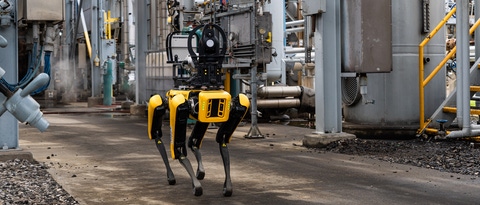Factbook
Strategy
Corporate Strategy
Chemistry is our passion. We set a new direction with the introduction of the “Winning Ways” strategy in September 2024: Our ambition is to be the preferred chemical company to enable our customers’ green transformation. We aim to grow profitably and create value for our shareholders with our broad portfolio of chemicals businesses as well as our product and process innovations. Simultaneously, we are driving the shift toward a performance culture – a decisive factor to successfully implement our “Winning Ways” strategy. We are systematically integrating sustainability topics into our strategy and business as well as into our assessment, steering and compensation systems. This principle remains embedded in our corporate purpose: We create chemistry for a sustainable future.
Humankind is facing enormous challenges in its efforts to preserve a world worth living in for future generations. The climate is changing, natural resources are becoming scarcer, pressure on ecosystems is increasing and a growing world population needs to be fed. More and more urgently than ever, solutions are needed for a more sustainable future. Chemistry is an essential part of our everyday lives and the foundation of nearly all industries. It can pave the way to greater sustainability and accelerate the transformation needed to achieve this.
Competitive conditions in the chemical industry are changing. Our customers are also adapting their business models – to increasingly reflect a world with lower CO2 emissions and a more circular economy. The speed of this green transformation varies across regions and customer industries. We expect demand for chemical products with sustainability attributes to surpass supply in the medium term, which in turn will lead to greater willingness to pay for low-emission solutions. Because our customers are at the center of everything we do, our ambition goes beyond the green transformation of our own production. We want to be the preferred chemical company to enable our customers’ green transformation.
This is also where we see the main driver of our profitable growth: Our goal is for customers to be successful in their respective markets driven by our innovations. Our products, solutions and technologies help protect the environment and climate by contributing to the more efficient use of raw materials, reducing waste, and enabling healthy and affordable food as well as climate-smart mobility. In providing our customers with the best solutions and processes, we also want to grow profitably and create shareholder value. Simultaneously, we are driving the change of our corporate culture toward a performance culture.
Our strategic levers
BASF’s strategic direction is based on a comprehensive analysis of our markets, competitors and the economic environment. We continuously monitor global trends and short-term developments and anticipate opportunities and risks. In doing so, we keep a close eye on the demands of our customers and the transformation of our company.
Our “Winning Ways” strategy is based on four strategic levers:
Focus, Accelerate, Transform and Win.
